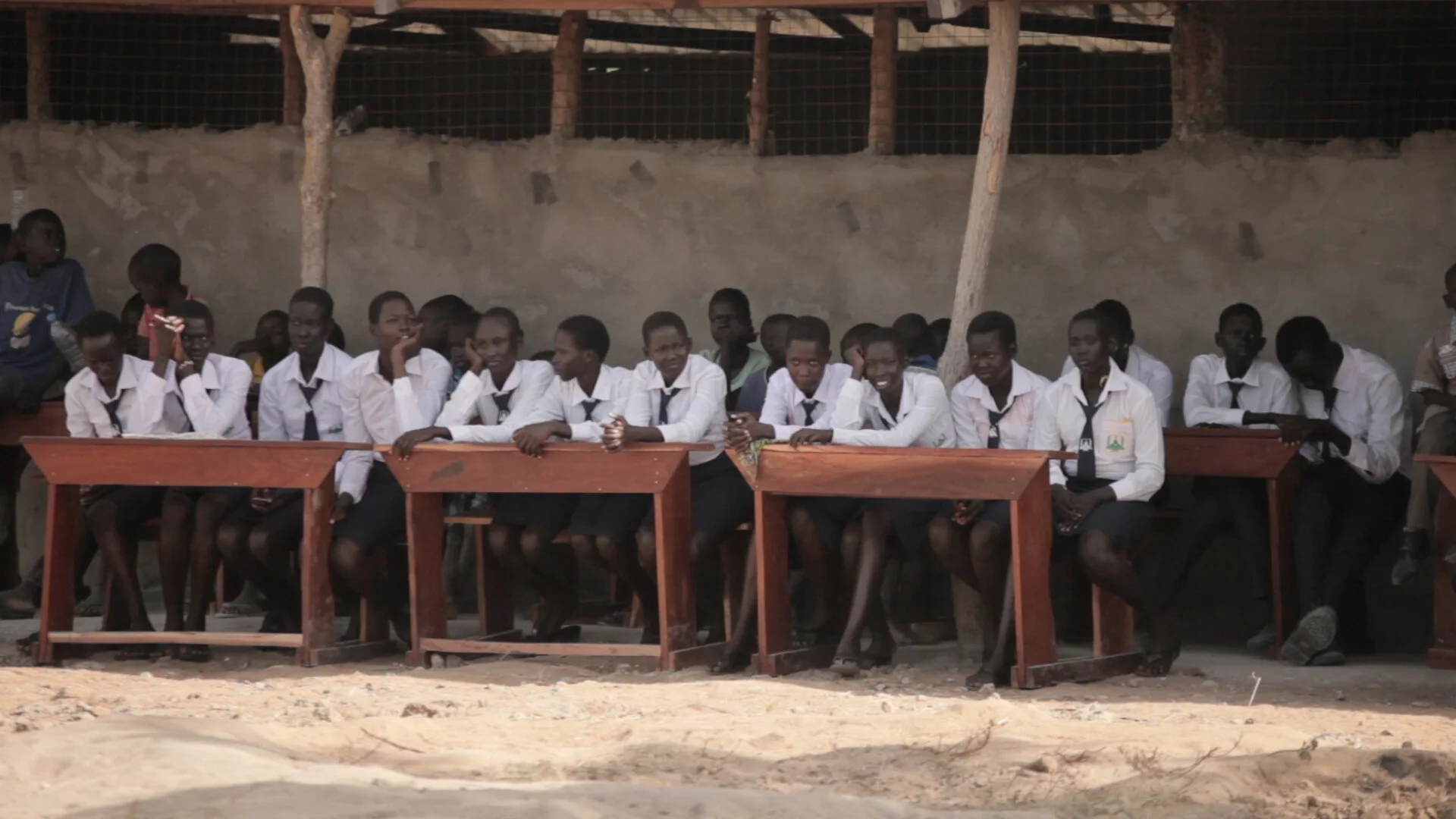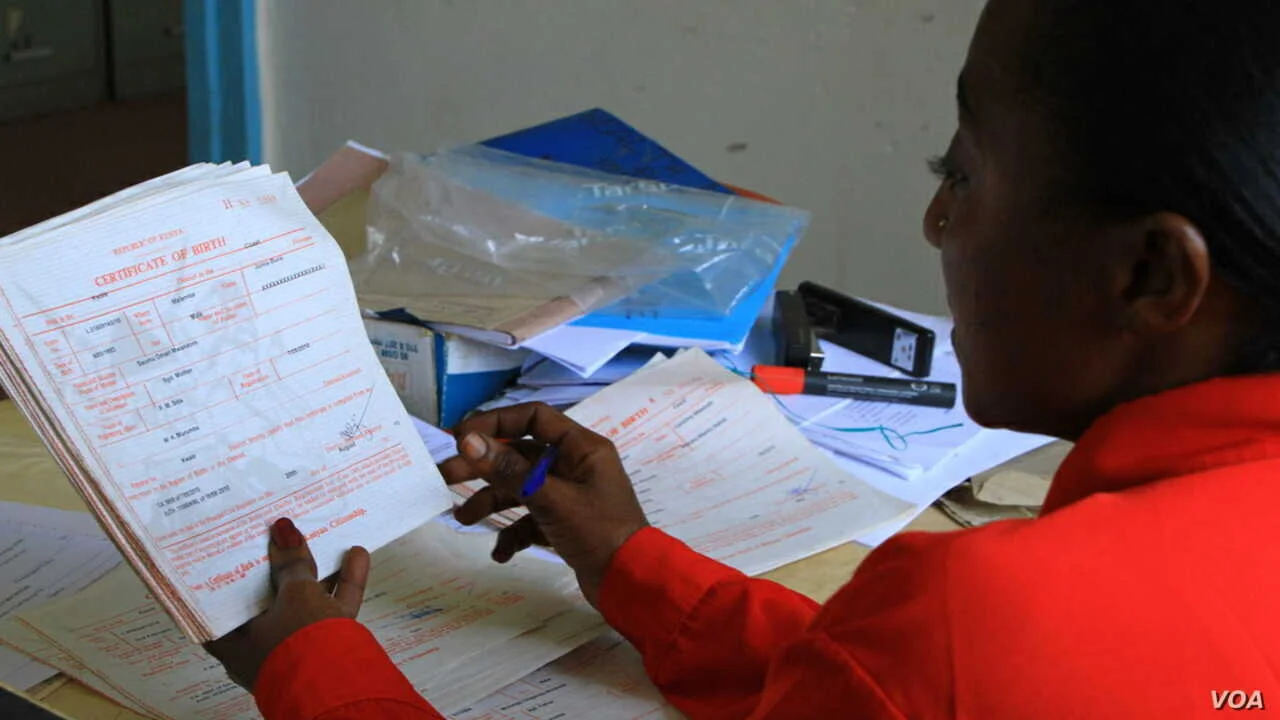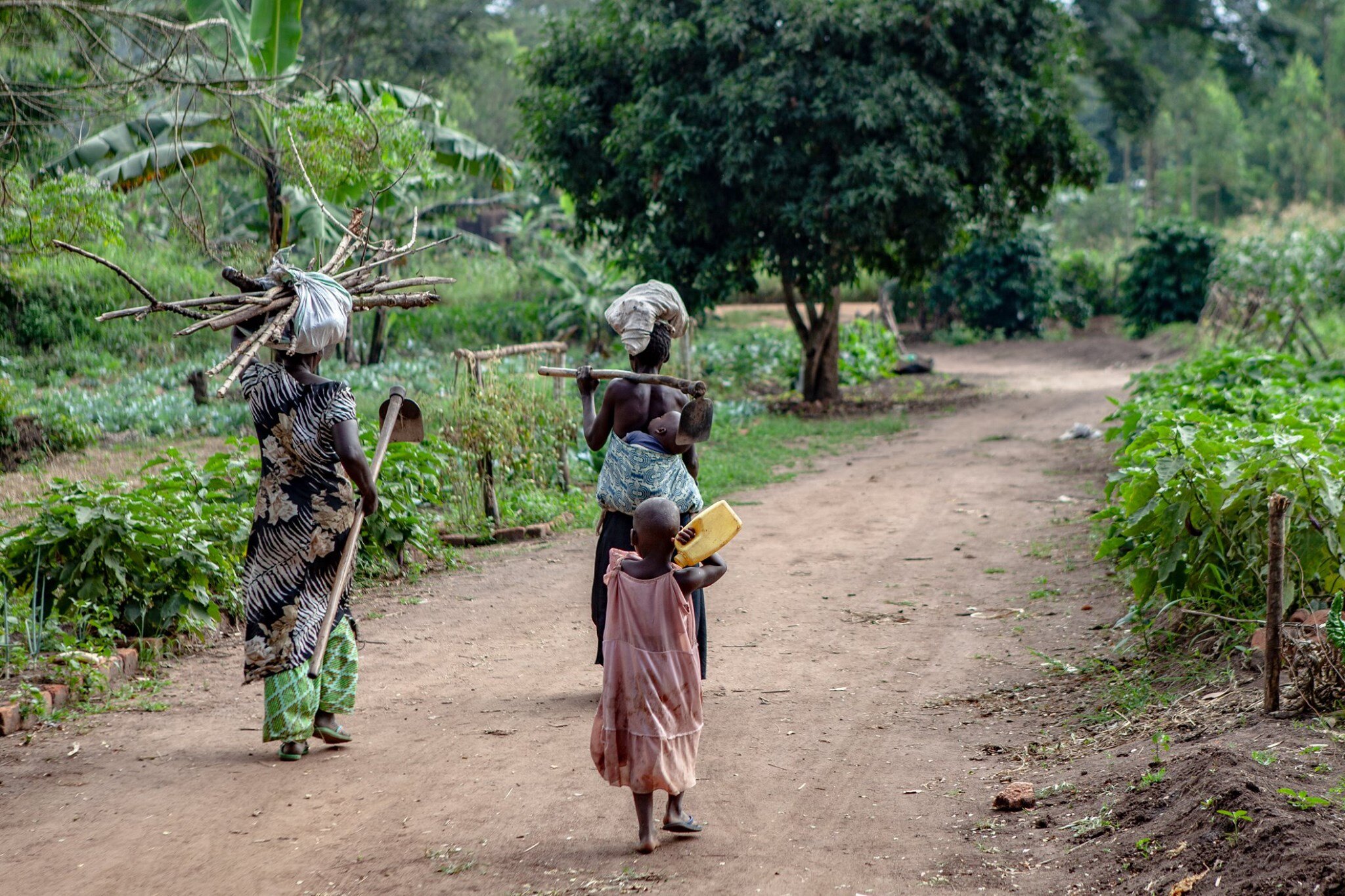Project Background
The Rusalia Resource Foundation (RRF) is a registered non-profit legal entity operating in Kisumu, Kenya with a parallel non-profit organization located in South Bend, Indiana. Founded by Dr. Juliana Otieno, a Kenyan pediatrician who was in the 2019-2020 academic year Inspired Leadership Program at Notre Dame, RRF works to empower girls in Western Kenyan by providing full high school tuition scholarships and mentorship opportunities, with a special focus on life skills education. Rusalia Scholars are expected to be “college-ready” and learn the value of education, personal strength, independence, life skills, and service to the community. The project aims to help girls develop improved life skills, including being able to handle social challenges and conflicts in an environment where they are independent of parental guidance. In addition, the program works to improve girls’ knowledge and skills on nutrition and overall healthy development.
The goals of RRF’s works are 1) To provide opportunity and create an enabling environment for girls to become self-actualized adults by providing access to an integrated support system including education, scholarship at high school and college, growth opportunities, values, and mentorship that would otherwise not be available due to the circumstances of their families 2) To enrich the academic experience of Rusalia scholars through mentoring and training from professionals and others with special expertise, such as health advocacy, particularly in preventive medicine protocols, and environmental management.
RRF has carried out two mentorship programs in partnership with ND Development Advisory Teams. The first mentorship activity focused on building an empowered girl child in building confidence, communication skills, and some knowledge on reproductive health issues. The second mentoring activity involved giving the RRF scholars skills to live in a new college or university environment. It empowered them to have people skills and networking capacity as well as preparing them for general college life.
Definition of Opportunity
Notre Dame students will work directly with girls in the program (RRF scholars) and with Rusalia leadership to explore educational and behavioral opportunities (might be curriculum, experiential, web-based platform, etc.) that address concrete responses to climate change. We hope to engage the RRF scholars to bring out their stories of experiences of the effects of climate change from their family and home perspectives. The RRF scholars will share their stories and in the process work with the ND students to create a learning platform. The platform will provide perspectives of the girls’ understanding of climate change and initiate a process of mindset and behavior change. The girls and ND students together will be involved in the development of a behavior change model for the transformation of society generally and the African community in particular. We hope for a process of joint design, helping the girls feel empowered to design programs that connect with these issues both globally and locally, tapping into the idea of“Think globally, act locally.” This might involve building a climate change curriculum or finding other ways that the girls can help lead locally in addressing climate change and environmental concerns.
Definition of Success
The DAT will help RFF support educational and leadership activities for the girls related to climate change. We look forward to understanding more about the most inspiring and concrete examples of the best programs globally for providing climate change education and engagement and translating these into the local context. We hope to take specific lessons from these international experiences and build them into our own programming, and try out many of these ideas, working directly with the girls in the program.
Meet the Team






![The Vines [Food Security] (Fall 2021)](https://images.squarespace-cdn.com/content/v1/56383b39e4b0936ed2c3e359/1631200883485-5JTCWH22EQVK5KNX7HFA/vines2.jpeg)

![The Vines [Strategy] (Fall 2021)](https://images.squarespace-cdn.com/content/v1/56383b39e4b0936ed2c3e359/1631200614301-IYPXFHSKVQBO1476593H/vines.jpeg)



